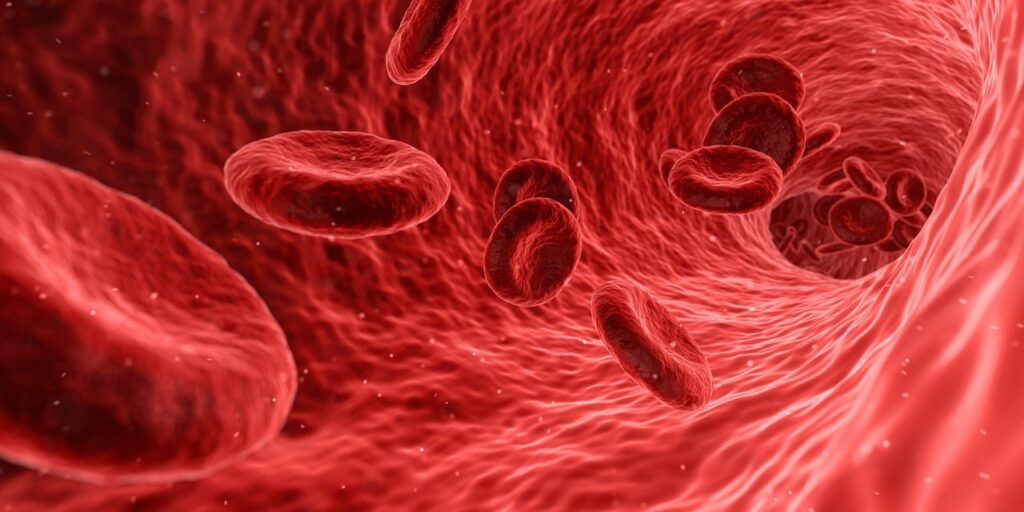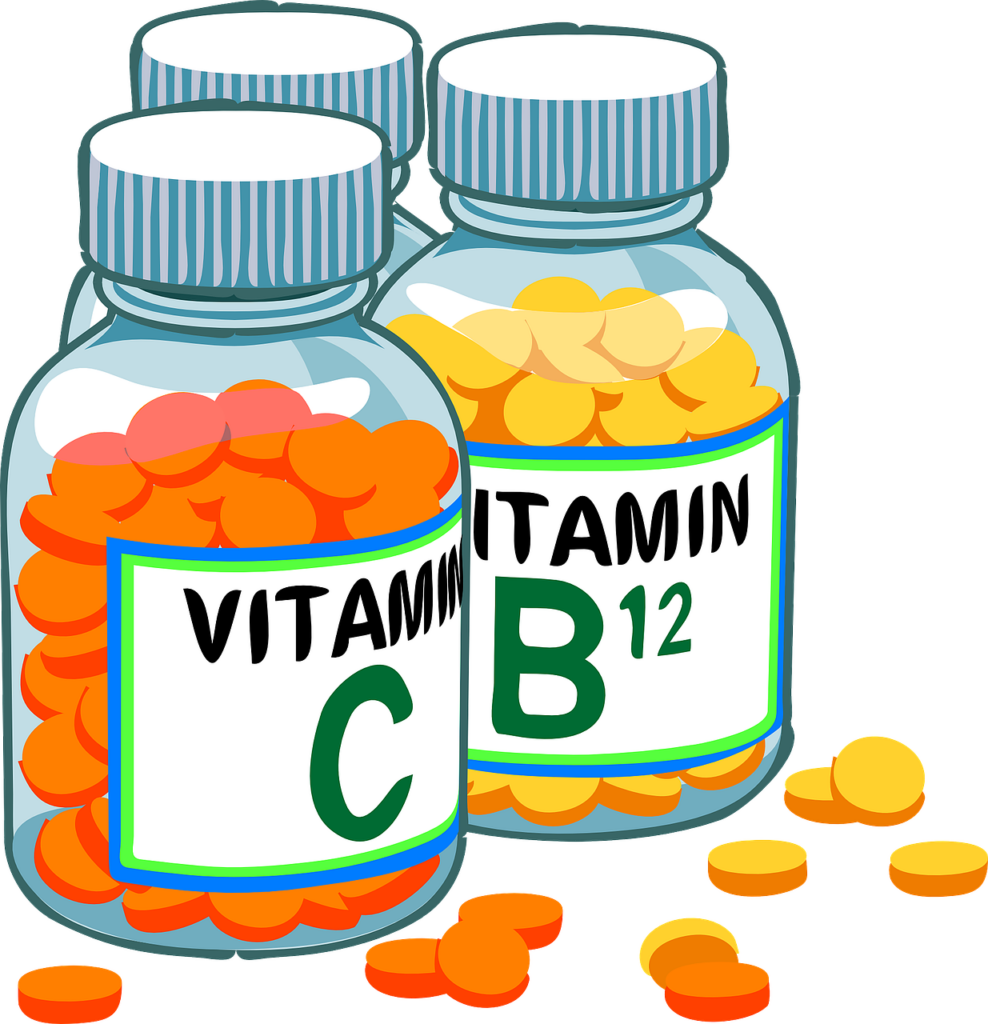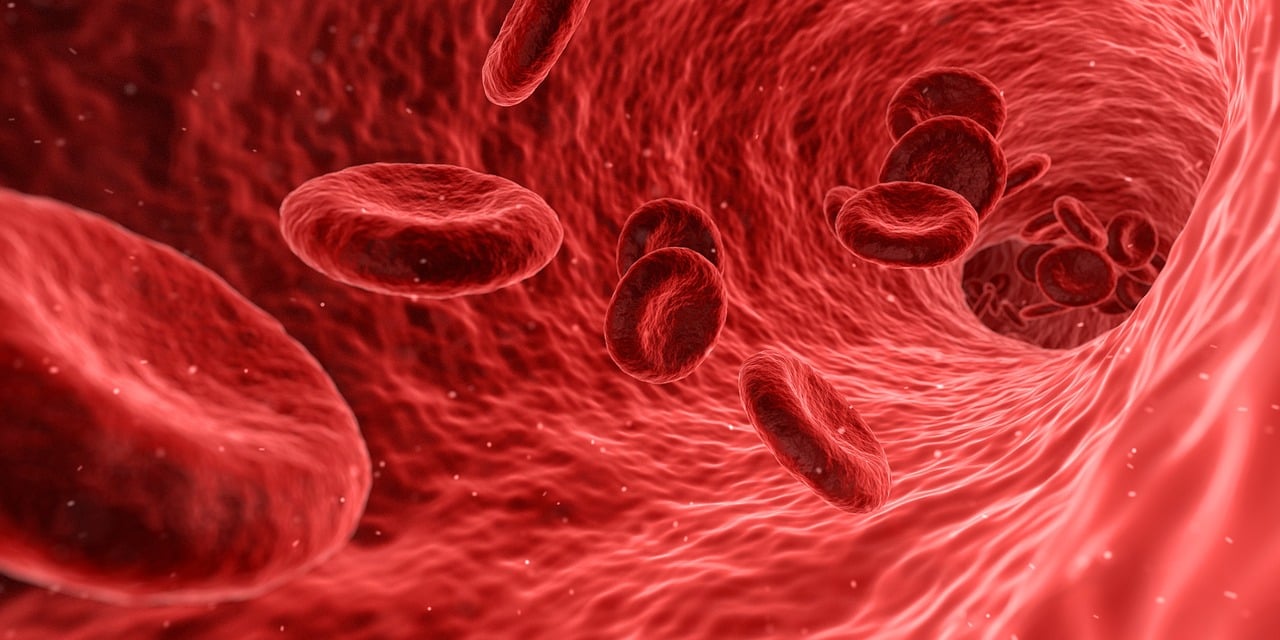Are you tired of dealing with the discomfort of acid reflux? Look no further! In this comprehensive guide, we will explore the close connection between losing weight and reducing acid reflux. By incorporating simple yet effective lifestyle changes, you can not only shed those extra pounds but also alleviate the symptoms of acid reflux. Say goodbye to heartburn and hello to a healthier, happier you!

This image is property of pixabay.com.
Understanding Acid Reflux and its Relationship to Weight
Acid reflux, also known as gastroesophageal reflux disease (GERD), is a common condition that occurs when the acid from the stomach flows back into the esophagus. This can cause a variety of uncomfortable symptoms, including heartburn, regurgitation, chest pain, and difficulty swallowing. It is estimated that nearly 20% of the population experiences acid reflux symptoms regularly.
What is Acid Reflux and its Symptoms?
Acid reflux occurs when the lower esophageal sphincter (LES), a ring of muscle that normally prevents the stomach acid from flowing back, relaxes or weakens, allowing the acid to enter the esophagus. The most common symptoms of acid reflux include heartburn, a burning sensation in the chest or throat, regurgitation, sour taste in the mouth, difficulty swallowing, and a persistent cough.
How Weight Gain Contributes to Acid Reflux
Studies have shown that there is a strong correlation between weight gain and the development or worsening of acid reflux symptoms. The excess weight, especially around the abdomen, puts pressure on the stomach and the LES, leading to a higher risk of acid reflux. Additionally, adipose tissue, or fat cells, produce hormones that can relax the LES, further increasing the likelihood of acid reflux episodes.
Research on the Link Between Weight Loss and Acid Reflux
Research has indicated that weight loss can significantly improve acid reflux symptoms. In a study published in the New England Journal of Medicine, researchers found that individuals who lost at least 10% of their body weight experienced a reduction in the frequency and severity of their acid reflux symptoms. Weight loss has also been shown to decrease the pressure on the stomach and LES, helping to prevent acid reflux.
Creating a Healthy Diet Plan for Weight Loss and Acid Reflux
Adopting a healthy diet plan is essential for both weight loss and managing acid reflux symptoms. By identifying trigger foods and incorporating low-acid options into your diet, you can reduce the frequency and severity of acid reflux episodes.
Identifying Trigger Foods and Beverages
Certain foods and beverages can exacerbate acid reflux symptoms. These triggers may vary from person to person, but common culprits include spicy foods, citrus fruits, tomatoes, chocolate, caffeine, alcohol, and fatty or fried foods. Keeping a food diary can help you identify which foods and drinks worsen your symptoms, allowing you to make informed choices and avoid triggers.
Incorporating Low-Acid Foods into Your Diet
Low-acid foods can help reduce the acidity in the stomach, alleviating acid reflux symptoms. Examples of low-acid foods include bananas, melons, oatmeal, whole grains, lean proteins, non-citrus fruits, and vegetables. It is important to incorporate these foods into your diet while maintaining a balanced intake of nutrients for overall health and weight loss.
Portion Control and Meal Timing for Weight Loss and Acid Reflux
In addition to choosing the right foods, portion control and meal timing are essential for weight loss and managing acid reflux symptoms. Eating smaller, more frequent meals throughout the day can help prevent overeating and reduce the amount of pressure on the stomach. It is also important to avoid eating large meals close to bedtime, as lying down with a full stomach can increase the risk of acid reflux.
The Role of Exercise in Losing Weight and Managing Acid Reflux
Regular exercise is not only beneficial for weight loss, but it can also help manage acid reflux symptoms. By incorporating specific types of exercises, finding a routine that works for you, and using exercise as a means of stress reduction, you can improve your overall health and decrease the frequency and severity of acid reflux episodes.
Types of Exercises Beneficial for Weight Loss and Acid Reflux
For weight loss and managing acid reflux, a combination of aerobic exercises and strength training is recommended. Aerobic exercises, such as brisk walking, jogging, cycling, and swimming, help burn calories and promote weight loss. Strength training exercises, such as weightlifting or using resistance bands, can help build lean muscle mass, which increases the overall metabolic rate.
Finding an Exercise Routine that Works for You
Finding an exercise routine that fits your lifestyle and personal preferences is crucial for long-term adherence. Whether it’s joining a gym, participating in group fitness classes, or engaging in outdoor activities, choose activities that you enjoy and can sustain over time. Consistency is key when it comes to achieving weight loss and managing acid reflux.
Exercise as a Means of Stress Reduction
Stress has been known to worsen acid reflux symptoms and contribute to weight gain. Engaging in regular exercise can help reduce stress levels and improve overall emotional well-being. Options such as yoga, tai chi, and meditation can be particularly effective in managing stress and anxiety, both of which can trigger acid reflux episodes.
Lifestyle Changes to Support Weight Loss and Reduce Acid Reflux
In addition to diet and exercise, making certain lifestyle changes can greatly support weight loss efforts and reduce acid reflux symptoms. Prioritizing adequate sleep, managing stress effectively, limiting alcohol and tobacco consumption, and improving posture are all essential steps toward successful weight management and acid reflux relief.
Getting Adequate Sleep and Managing Stress
Lack of sleep and chronic stress have been linked to weight gain and increased acid reflux symptoms. Aim for seven to nine hours of quality sleep each night to support a healthy metabolism and hormonal balance. Additionally, implementing stress management techniques such as deep breathing exercises, mindfulness, or engaging in hobbies can help reduce both physical and emotional stress.
Limiting Alcohol and Tobacco Consumption
Alcohol and tobacco use are known triggers for acid reflux and can hinder weight loss efforts. Alcohol can relax the LES and increase stomach acid production, while smoking can irritate the esophagus and affect digestion. By limiting or eliminating alcohol and tobacco, you can significantly reduce the frequency and severity of acid reflux symptoms and support overall health.
Improving Posture and Reducing Pressure on the Abdomen
Poor posture and increased pressure on the abdomen can contribute to acid reflux symptoms. Maintaining good posture throughout the day, particularly while eating and after meals, can help prevent stomach acid from flowing back into the esophagus. Additionally, wearing loose-fitting clothing can reduce pressure on the abdomen, providing relief from acid reflux discomfort.

This image is property of pixabay.com.
Medications and Supplements for Acid Reflux and Weight Loss
In some cases, lifestyle changes alone may not be sufficient to manage acid reflux and achieve weight loss. Medications and supplements can be valuable tools to support treatment and alleviate symptoms. It is important to consult with a healthcare professional before starting any medication or supplement regimen.
Over-the-Counter Antacids and Acid Reducers
Over-the-counter antacids, such as Tums or Rolaids, can provide temporary relief from occasional acid reflux symptoms by neutralizing stomach acid. Acid reducers, such as H2 blockers (e.g., ranitidine) or proton pump inhibitors (e.g., omeprazole), can also be purchased without a prescription and can help reduce the production of stomach acid for a longer duration.
Prescription Medications for Acid Reflux and Weight Management
For more severe or persistent acid reflux symptoms, prescription medications may be necessary. Proton pump inhibitors (PPIs) and H2 blockers are commonly prescribed to reduce stomach acid production and alleviate symptoms. Additionally, medications that aid in weight loss, such as orlistat, may be prescribed in certain cases where weight management is a challenge.
Herbal Supplements and Remedies
Some individuals may prefer to explore natural remedies or herbal supplements to manage acid reflux and support weight loss. Supplements such as ginger, chamomile, aloe vera juice, and slippery elm have been used traditionally to soothe the digestive system and reduce inflammation. However, it is important to consult with a healthcare professional before starting any new supplement regimen to ensure safety and efficacy.
Behavioral Strategies and Support for Successful Weight Loss and Acid Reflux Management
Changing habits and behaviors can be challenging, especially when trying to lose weight and manage acid reflux symptoms. Implementing behavioral strategies and seeking support from healthcare professionals or joining support groups can greatly enhance the chances of success.
Setting Realistic Goals and Tracking Progress
Setting realistic goals for both weight loss and acid reflux management is crucial to maintain motivation and sustain progress. It is important to focus on achievable and sustainable changes rather than striving for rapid results. Tracking progress, whether through a food diary, measurements, or regular check-ins with a healthcare professional, can provide a sense of accomplishment and help make necessary adjustments along the way.
Seeking Support from Healthcare Professionals
Working closely with a healthcare professional, such as a registered dietitian or a gastroenterologist, can provide guidance and support in managing acid reflux and achieving weight loss goals. These experts can assess individual needs, create personalized diet and exercise plans, and monitor progress to ensure optimal health outcomes.
Joining Weight Loss and Acid Reflux Support Groups
Joining a support group specifically tailored to weight loss and acid reflux can offer invaluable support, guidance, and motivation throughout the journey. Connecting with others who understand the challenges can provide a sense of community and accountability, making it easier to navigate setbacks and celebrate successes.

This image is property of pixabay.com.
The Importance of Maintaining Weight Loss and Acid Reflux Management
Once weight loss is achieved and acid reflux symptoms are under control, it is important to focus on maintaining long-term success. Implementing strategies to prevent weight regain and acid reflux flare-ups, regular follow-ups and monitoring, and adapting to lifestyle changes are key for sustained success.
Long-Term Strategies to Prevent Weight Regain and Acid Reflux Flare-Ups
To prevent weight regain, it is essential to continue practicing healthy eating habits and regular exercise. Monitoring portion sizes, avoiding trigger foods, and staying active are all important components of maintaining weight loss. Additionally, by continuing to follow dietary recommendations that reduce acid reflux symptoms, such as avoiding late-night meals and trigger foods, individuals can prevent flare-ups and enjoy long-term relief.
Regular Follow-Ups and Monitoring
Regular follow-up appointments with healthcare professionals are crucial in monitoring progress and making necessary adjustments to treatment plans. These appointments allow for ongoing support, assessment of weight loss and acid reflux symptoms, and interventions as needed. Collaborating with healthcare professionals ensures that any potential issues are addressed promptly, maximizing the chances of continued success.
Adapting to Lifestyle Changes for Sustained Success
Adopting a healthy lifestyle for long-term success requires adaptability and flexibility. As circumstances change or goals evolve, it is important to adjust habits and behaviors accordingly. Consistently reassessing dietary and exercise preferences, seeking new recipes or workout routines, and being open to trying new strategies can help prevent boredom and maintain motivation.
When to Seek Medical Help for Acid Reflux and Weight Loss
While lifestyle changes and over-the-counter medications may be effective for many individuals, there are certain situations where medical intervention may be necessary. Recognizing the indications for seeking medical help, exploring surgical options for severe acid reflux, and working with a registered dietitian or nutritionist can provide further guidance and support.
Indications for Medical Intervention
Individuals should seek medical help for acid reflux if they experience persistent symptoms despite lifestyle modifications, have difficulty swallowing, notice unexplained weight loss, or notice blood in vomit or stool. These may be indications of a more serious condition that requires further evaluation and treatment.
Exploring Surgical Options for Severe Acid Reflux
In severe cases of acid reflux that do not respond to other treatments, surgery may be considered as a last resort. Procedures such as fundoplication or LINX implantation can help reinforce the LES and prevent acid from flowing back into the esophagus. These surgical options should be discussed with a healthcare professional to determine the best course of action.
Working with a Registered Dietitian or Nutritionist
Collaborating with a registered dietitian or nutritionist can provide specialized guidance and personalized diet plans for managing acid reflux and achieving weight loss goals. These experts can help identify trigger foods, create meal plans that prioritize both weight loss and acid reflux management, and offer ongoing support throughout the journey.

Conclusion
Understanding the importance of weight loss in acid reflux management is essential for improving overall health and quality of life. By taking action and implementing a comprehensive approach that includes dietary modifications, regular exercise, lifestyle changes, and appropriate medical interventions, individuals can achieve weight loss, reduce acid reflux symptoms, and enjoy long-term success. Remember, it’s never too late to start making positive changes – your journey to better health begins with the first step!
